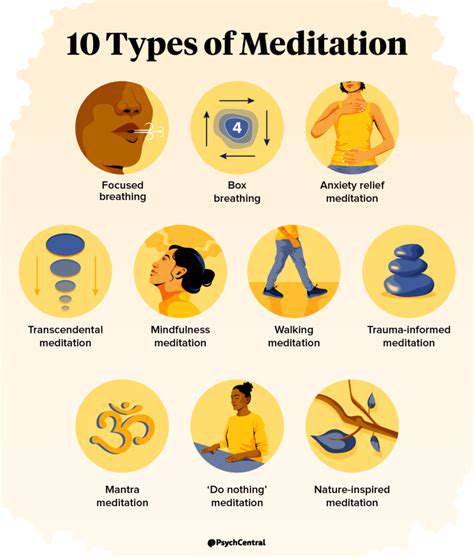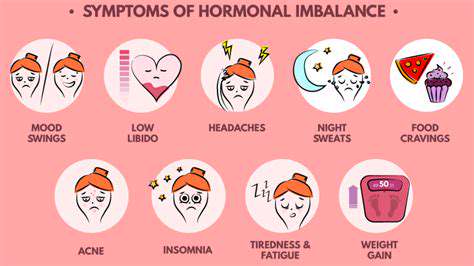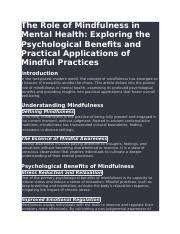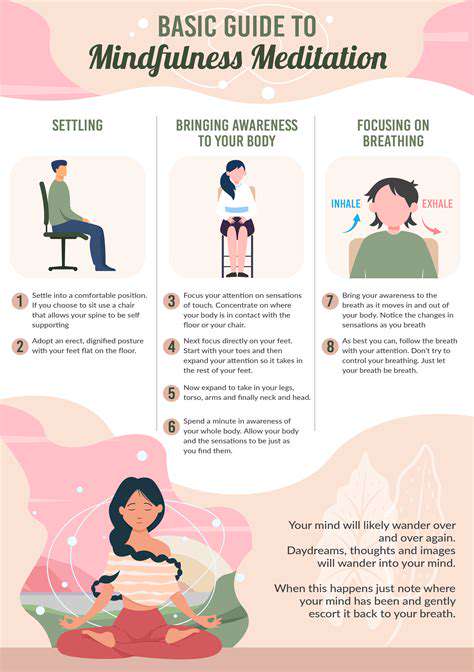Embracing Mindfulness for a Stress Free Life
The Benefits of Practicing Mindfulness
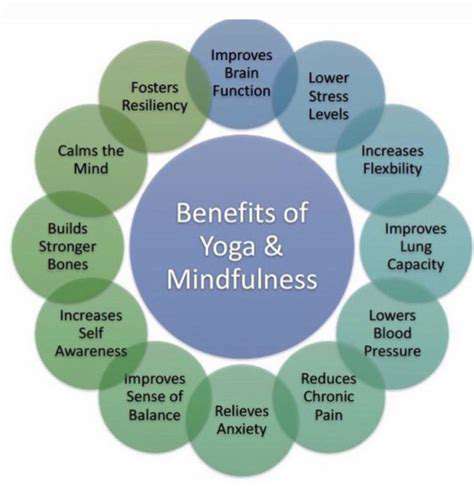
The Psychological Benefits of Mindfulness
Practicing mindfulness has been shown to significantly reduce symptoms of anxiety and depression. Engaging in mindfulness can create a sense of emotional stability, which is crucial for mental health. As individuals become more aware of their thoughts and feelings, they can learn to navigate challenges more effectively.
Mindfulness encourages a state of reflection, allowing practitioners to observe their mental processes without judgment. This observation enables one to identify negative thought patterns and gradually replaces them with more positive perspectives.
Moreover, mindfulness promotes resilience by teaching individuals to respond to stress more adaptively. As a result, people may find themselves feeling less overwhelmed by life’s challenges.
The Physical Benefits of Mindfulness
Research indicates that mindfulness can lead to lower levels of physical stress, thus benefiting overall health. By reducing stress hormones in the body, mindfulness practices can contribute to a healthier cardiovascular system. This can decrease the risk of heart disease and other stress-related health issues.
Additionally, mindfulness can enhance the immune system's response, allowing individuals to fight off illnesses more effectively. Regular practice is linked with improved sleep patterns, which is vital for recovery and daily functioning.
Incorporating mindfulness into daily routines can also lead to improved physical activity levels. As individuals become more present, they may feel motivated to engage in exercise and other health-oriented activities.
The Social Benefits of Mindfulness
Mindfulness fosters better relationships by enhancing empathy and understanding. When individuals practice mindfulness, they become more attuned to the emotions and feelings of others, leading to deeper connections.
Furthermore, mindful communication promotes active listening and reduces misunderstandings in conversations. As a result, conflicts can be addressed more constructively, allowing relationships to flourish.
In social settings, mindfulness encourages individuals to be fully present, creating more meaningful interactions and experiences. This heightened awareness not only enriches personal relationships but also enhances one's social network.
Practical Mindfulness Techniques to Incorporate Daily
1. Mindful Breathing
Mindful breathing is one of the simplest yet most effective techniques for grounding yourself in the present moment. It involves paying attention to your breath, noticing the sensations as you inhale and exhale. To practice, find a comfortable position, close your eyes, and focus on your breathing.
As thoughts begin to arise, acknowledge them without judgment and gently redirect your focus back to your breath. This practice not only calms the mind but also helps reduce anxiety and stress levels.
To integrate mindful breathing into your daily routine, try setting aside a few minutes each morning or before bed. You can also use this technique during moments of stress throughout the day to regain your composure.
Over time, regular practice of mindful breathing can enhance your overall awareness and promote a sense of inner peace, making it easier to manage stress effectively.
2. Mindful Eating
Mindful eating encourages you to pay full attention to the experience of eating rather than consuming meals mindlessly. This practice helps you to connect with your body's hunger and satiety cues, ultimately fostering a healthier relationship with food.
To practice mindful eating, start by slowing down during meals. Take time to appreciate the colors, smells, and textures of your food. Chew slowly and savor each bite, allowing yourself to fully enjoy the flavors.
It's also beneficial to minimize distractions while eating. Turn off the television and put away your phone to create an environment that promotes presence and mindfulness. This simple adjustment can help you become more attuned to your body's signals.
Incorporating mindful eating into your life can lead to improved digestion, healthier eating habits, and greater satisfaction with meals, all of which contribute to a more stress-free state of being.





